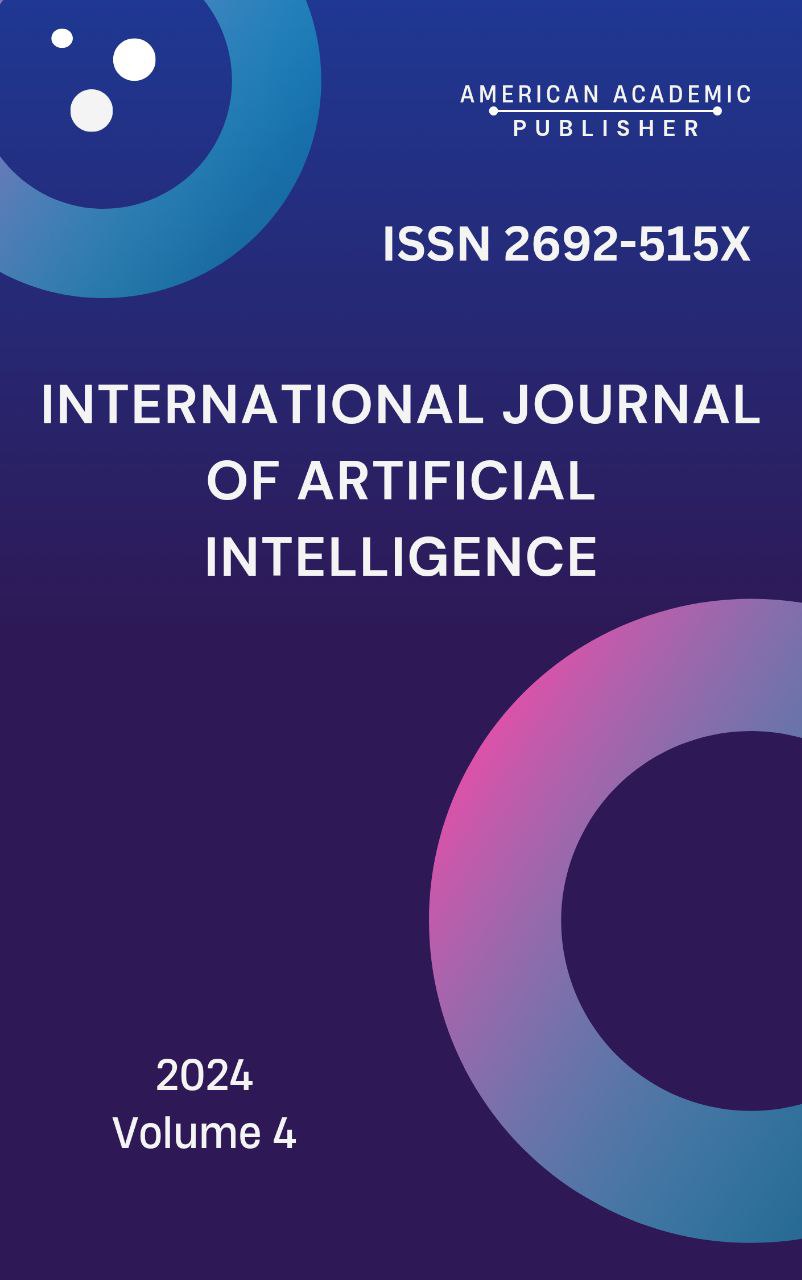 Articles
| Open Access |
Articles
| Open Access | THE FLIPPED CLASSROOM: A MODERN APPROACH TO ACTIVE LEARNING
Rakhmonova Mokhinur , an English teacher at Karshi international university.Abstract
The flipped classroom model has emerged as an innovative teaching methodology that challenges traditional instructional approaches. By shifting direct instruction outside the classroom and utilizing class time for interactive learning, this model enhances student engagement, fosters critical thinking, and improves knowledge retention. This article explores the definition, key principles, advantages, challenges, and real-world applications of the flipped classroom method, providing an in-depth analysis of its impact on education.
Keywords
Flipped learning, educational technology, collaborative learning, critical thinking development, innovative teaching methods, online and offline learning, student engagement.
References
Iacopo Falciani (2020). "Flipped classroom". Europass Teacher Academy. Retrieved 2022-12-16
Dylan; Roth, Mary; Gharkholonarehe, Nastaran; Mumper, Russell (12 November 2013). "Pharmacy Student Engagement, Performance, and Perception in a Flipped Satellite Classroom".
Rotellar PharmD, Cristina, Cain EdD, MS, Jeff (25 Mar 2016). "Research, Perspectives, and Recommendations on Implementing the Flipped Classroom". American Journal of Pharmaceutical Education.
Mazur, E. (1997). Peer Instruction: A User’s Manual. Prentice Hall
Bergmann, J., & Sams, A. (2012). Flip Your Classroom: Reach Every Student in Every Class Every Day. ISTE.)
Mazur, E. (1997). Peer Instruction: A User’s Manual. Prentice Hall.
Roach, T. (2014). "Student Perceptions Toward Flipped Learning: New Methods to Increase Interaction and Active Learning in Economics." International Review of Economics Education.
Strayer, J. F. (2012). "How Learning in an Inverted Classroom Influences Cooperation, Innovation, and Task Orientation." Learning Environments Research.
Article Statistics
Downloads
Copyright License

This work is licensed under a Creative Commons Attribution 4.0 International License.

